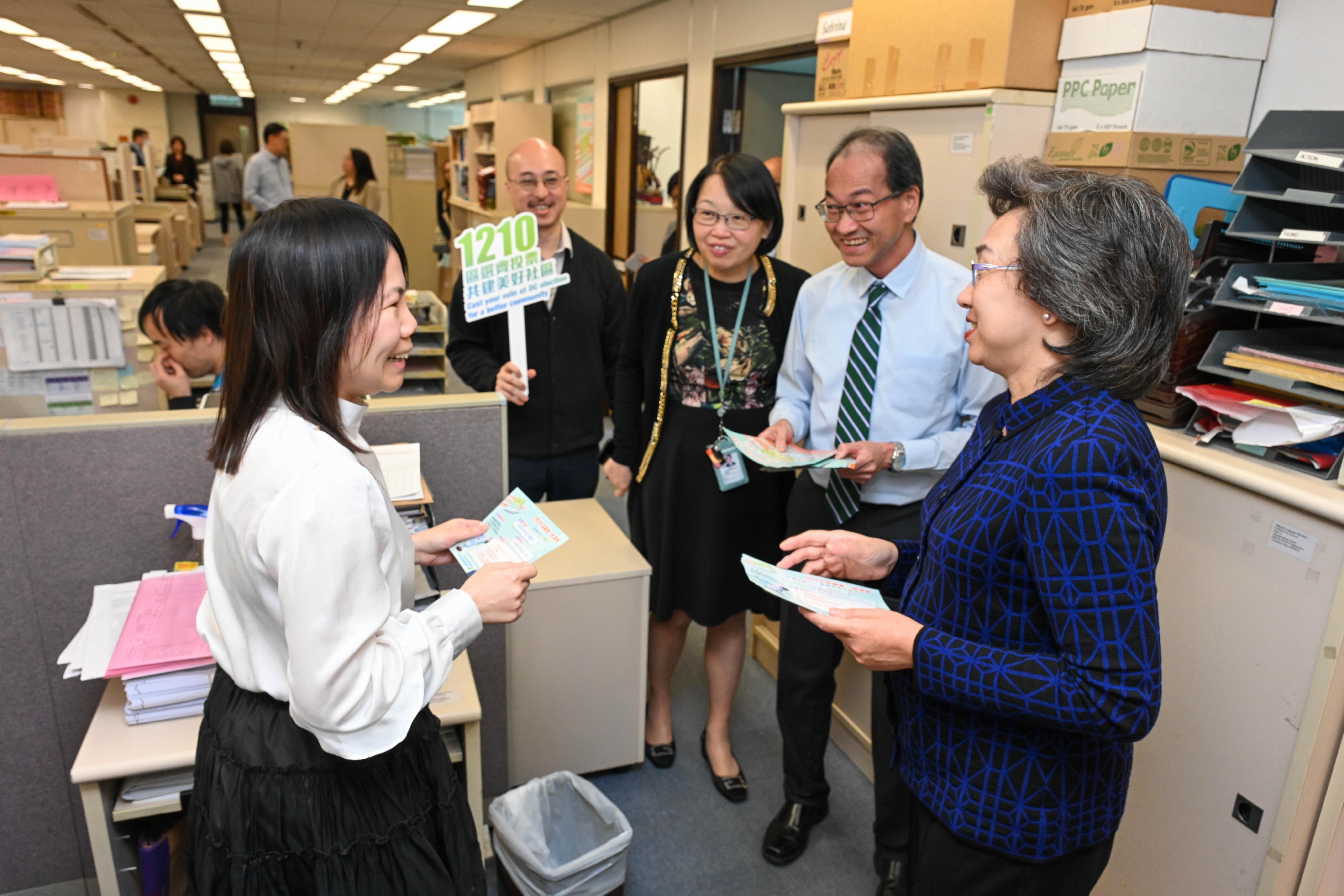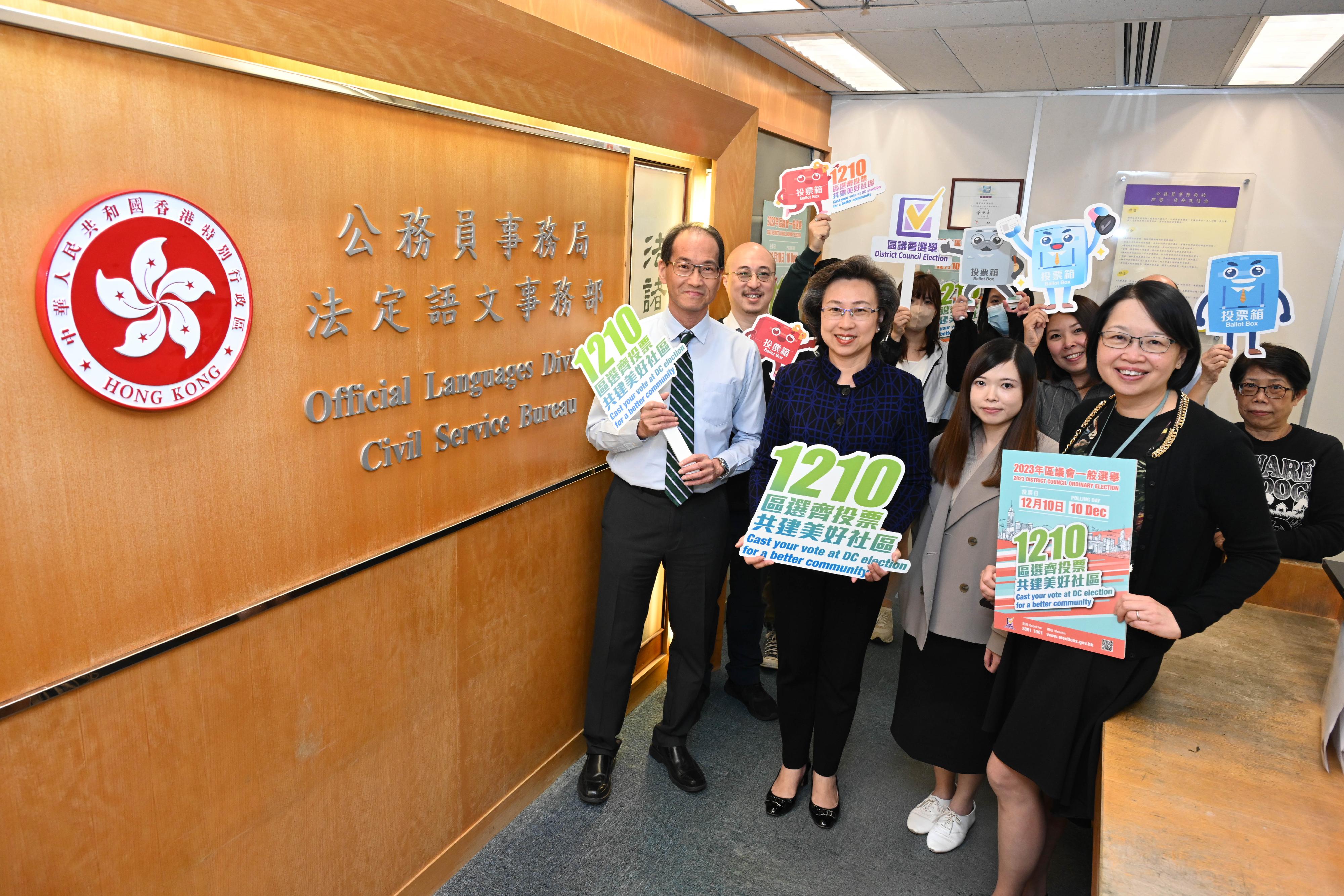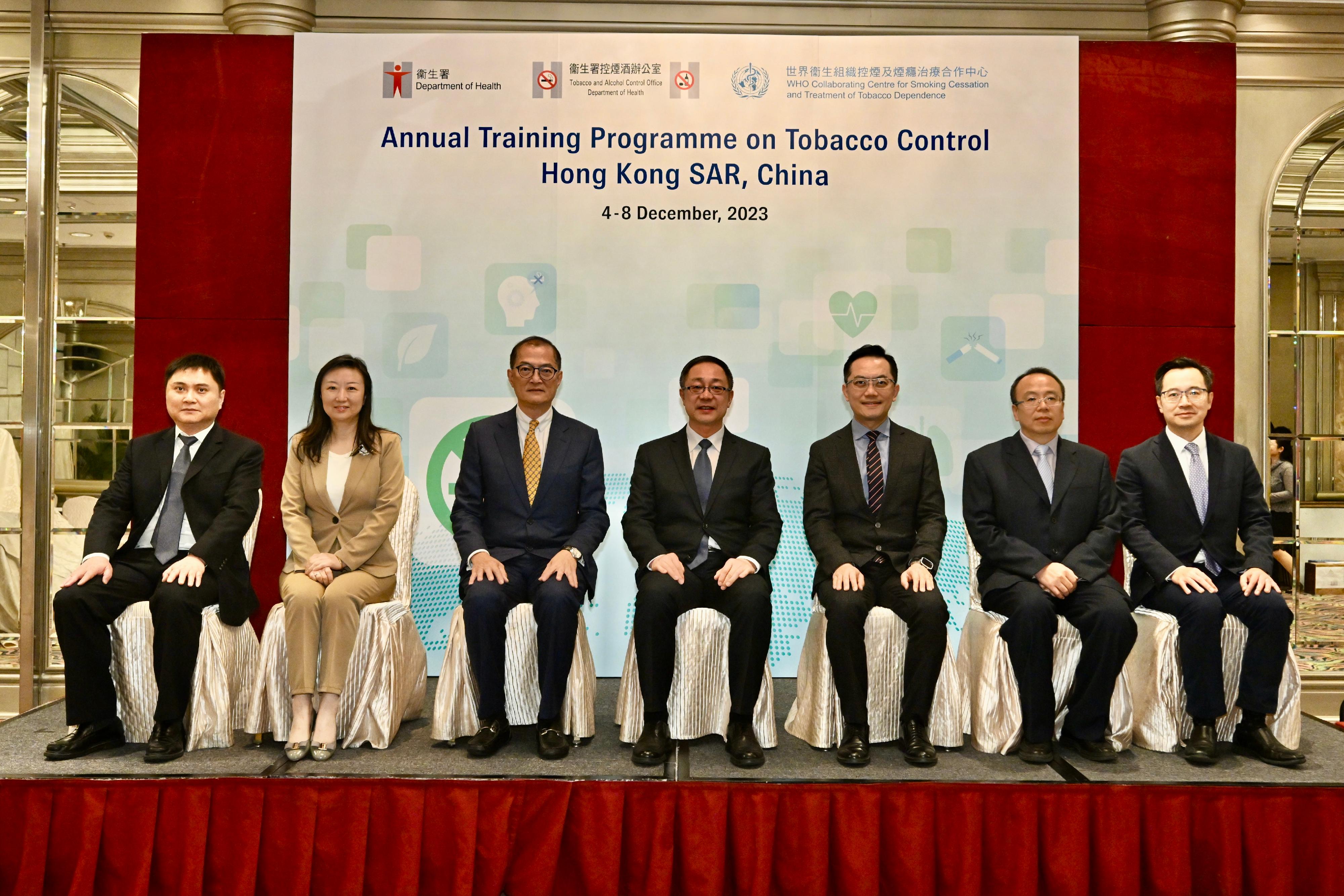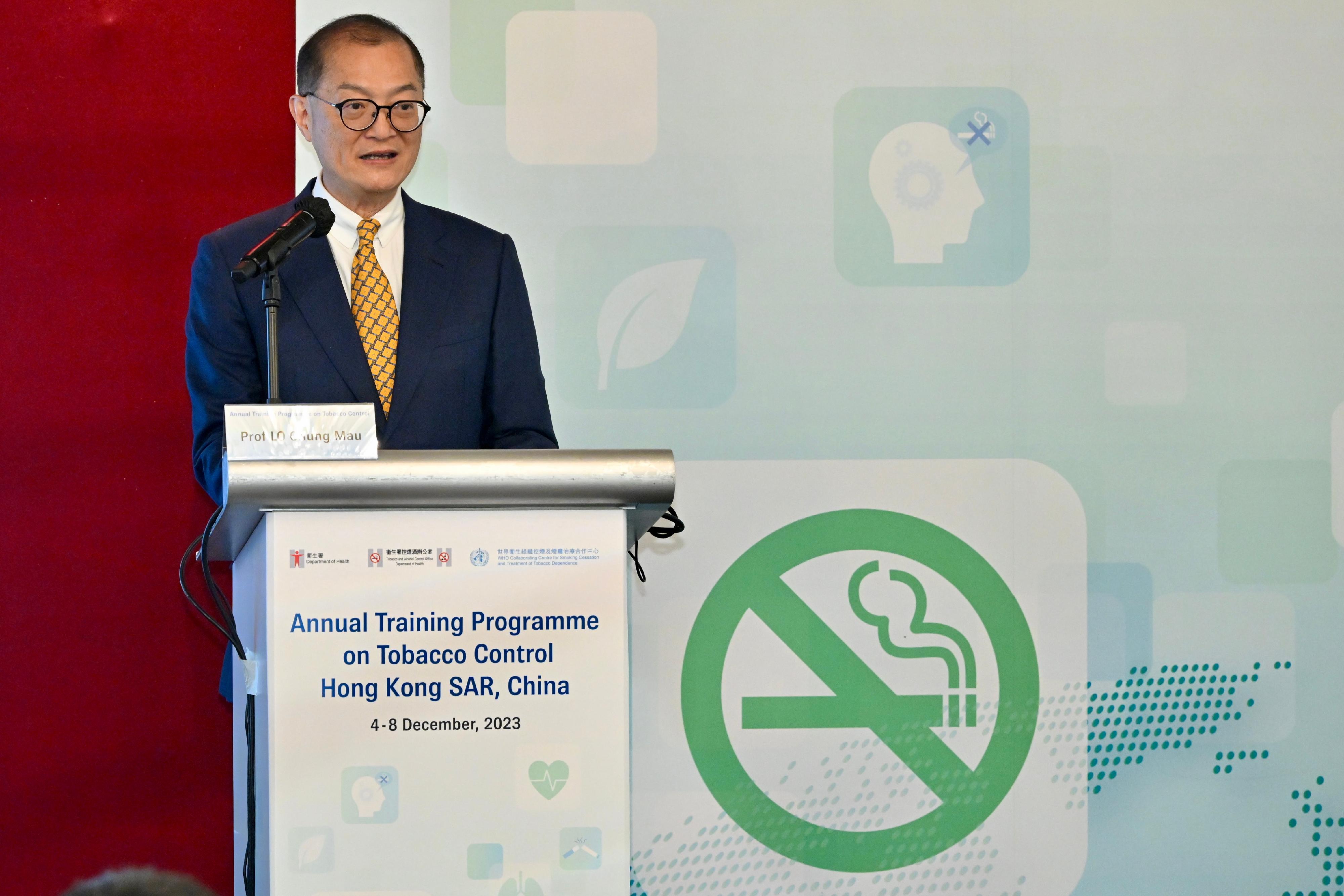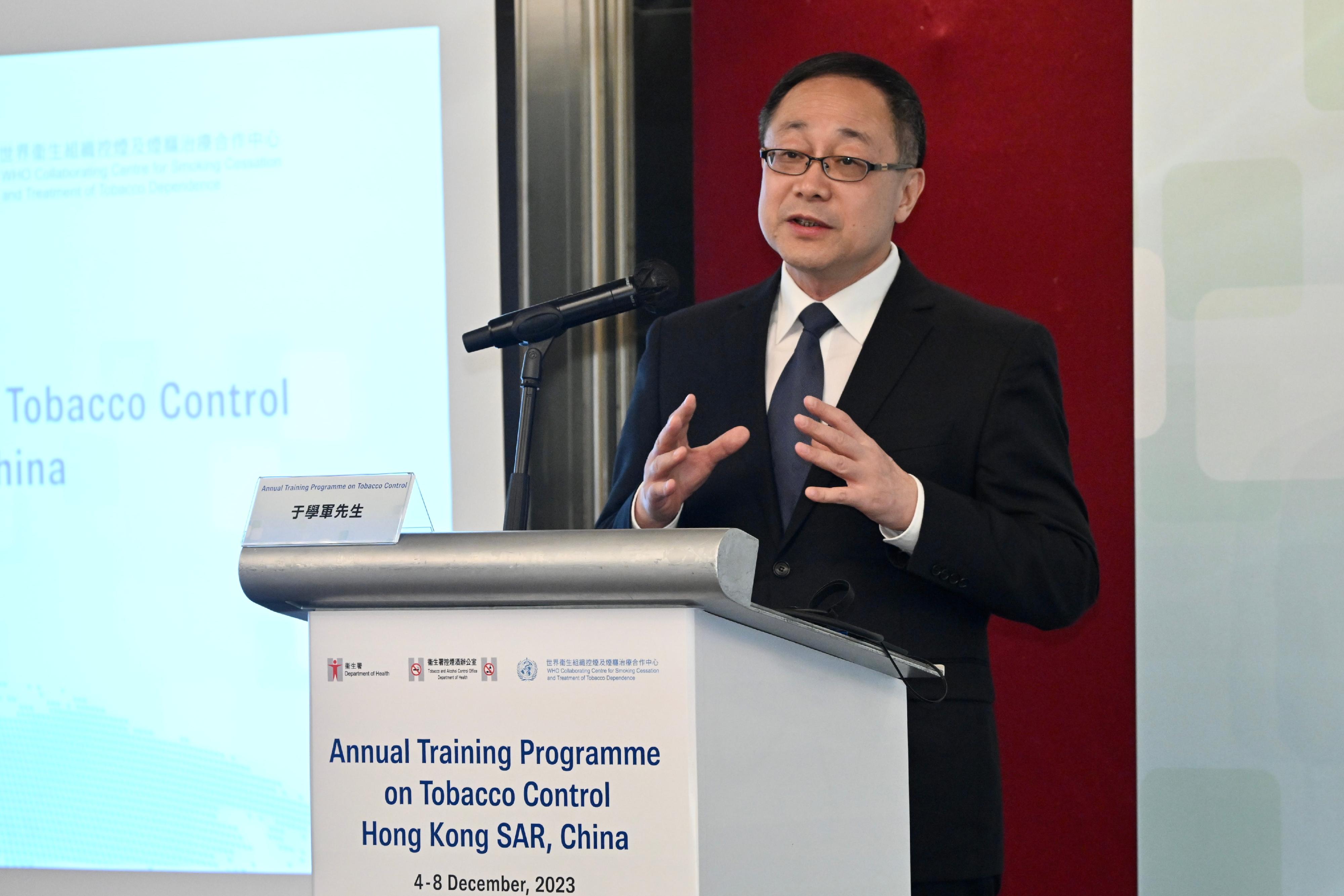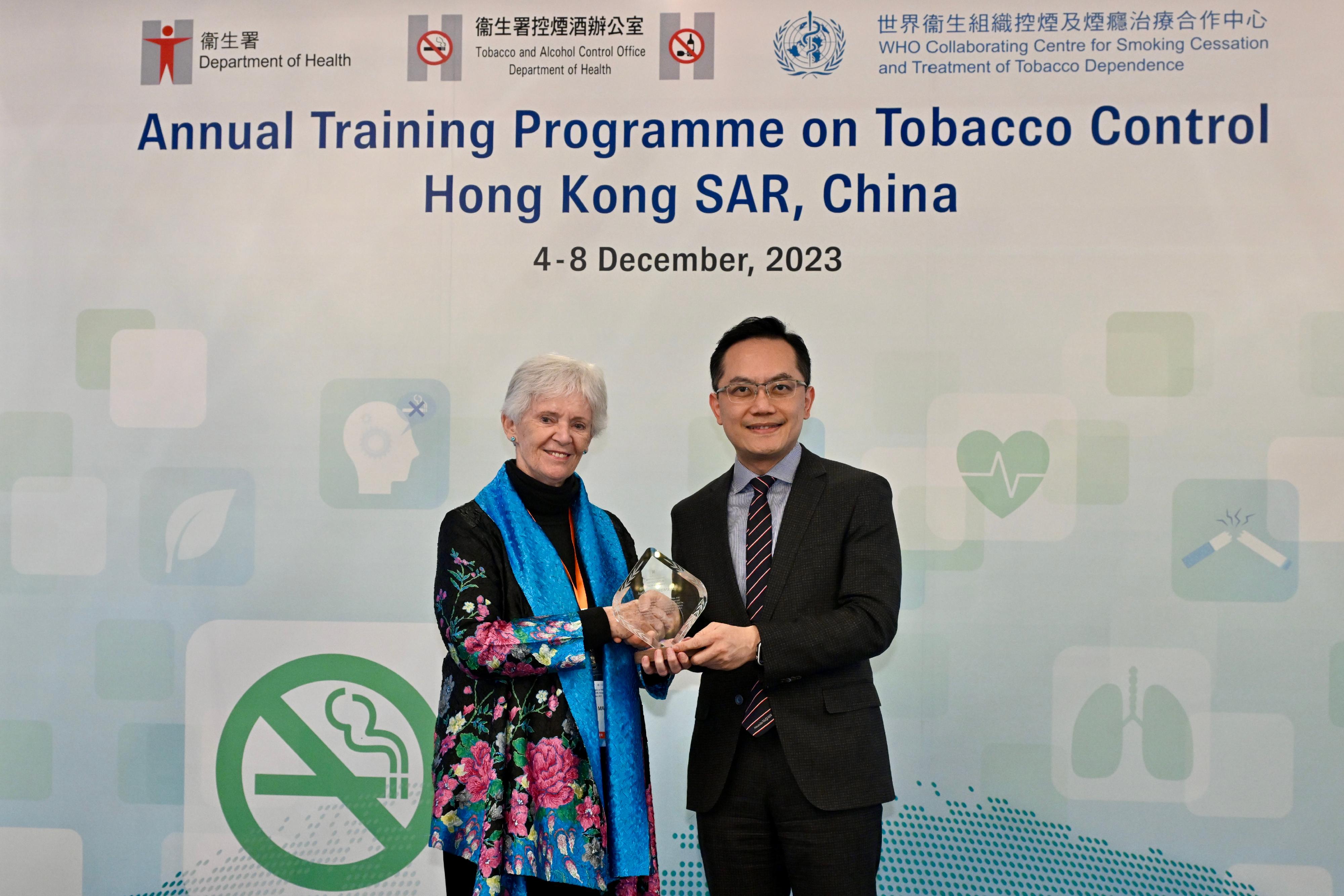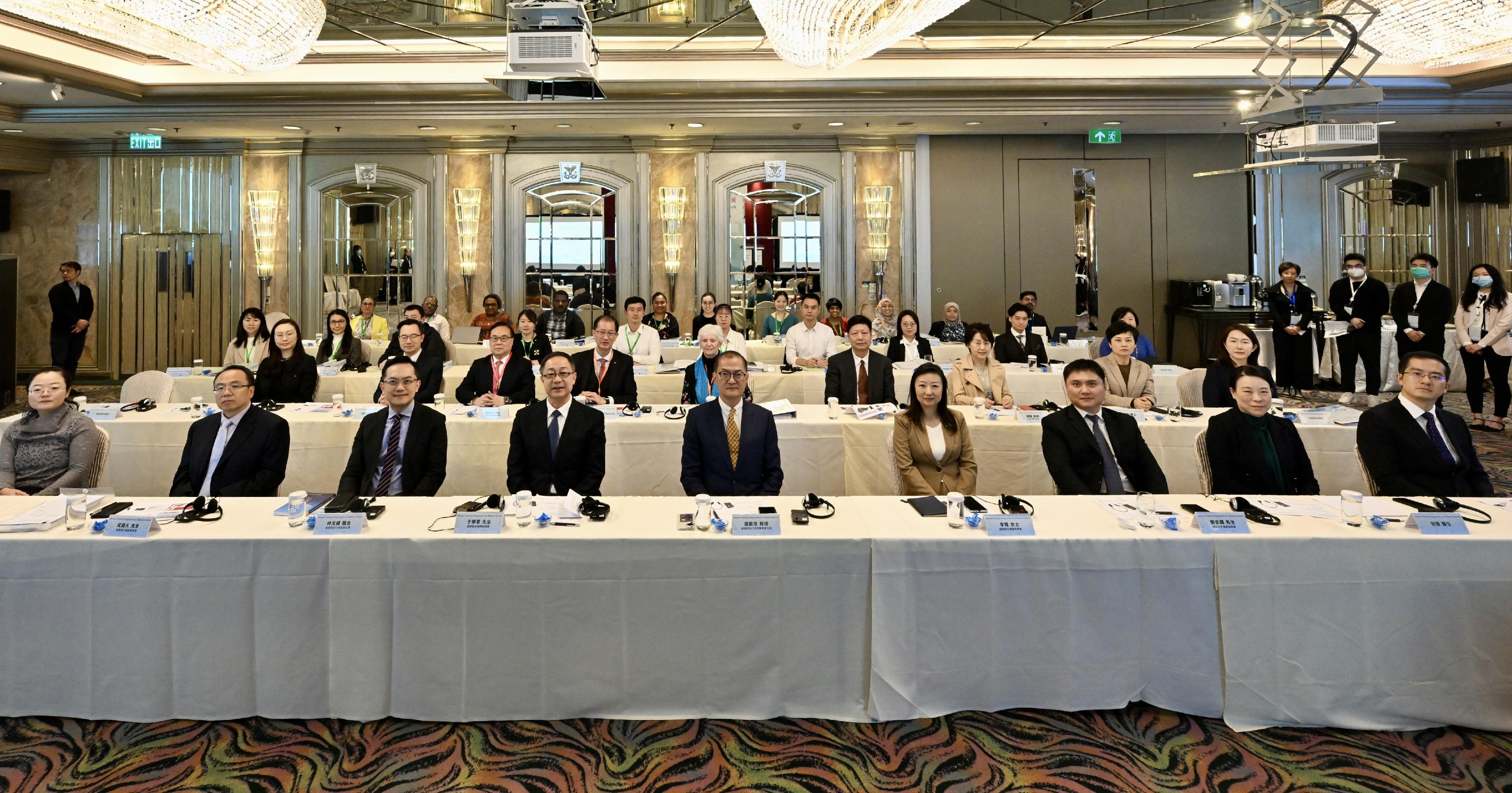Government introduces Bill into Legislative Council for streamlining arrangement for extension of land leases
The Development Bureau (DEVB) published the Extension of Government Leases Bill (the Bill) today (December 7), with a view to providing a standing mechanism for extension of leases in a streamlined and orderly manner by operation of law. Leases will be extended in batches by virtue of the Government's regular publication of notices in the Gazette, obviating the need for all the owners and the Government to undergo cumbersome procedures of execution of a new lease.
A spokesperson for the DEVB said, "The Government has all along been handling extension of leases in accordance with the land policy promulgated in July 1997 (the 1997 Land Policy). According to this policy, general purpose leases as covered in the Bill (which refer to residential, commercial or industrial leases not being special purpose leases) will generally be allowed extension by the Government for a term of 50 years without payment of an additional premium, but an annual rent equivalent to three per cent of the rateable value of the property shall be charged."
The spokesperson continued, "The Bill maintains and operates under the 1997 Land Policy, and what is changed by the legislative exercise is only the means through which leases will be extended – extension will be effected by publication of notices in the Gazette, instead of execution of individual new leases by the Government with the owners. This ensures that the considerable number of upcoming expiring leases could be handled in an efficient and orderly manner, which will provide certainty on extension of leases and enhance the confidence of the owners and investors towards the arrangements for extending leases."
The Bill provides that the Director of Lands must publish an "Extension Notice" and a "Non-extension List" in the Gazette no less than six years (Note 1) before expiry of each batch of leases to declare that the leases covered by the "Extension Notice" will be extended, unless a lease is being listed on the "Non-extension List" (Note 2). Existing provisions in the leases will be retained upon extension, with additional conditions in accordance with the 1997 Land Policy that the lease will be extended for a term of 50 years, without payment of any additional premium for the extension itself, but subject to payment of annual rent annually adjusted and assessed according to the rateable value of the property, as well as essential conditions for safeguarding the Government's enforcement powers. All interests, encumbrances and rights under the original lease will be carried forward.
Moreover, at the instruction of the Office of the Commissioner of the Ministry of Foreign Affairs in the Hong Kong Special Administrative Region (OCMFA), the Bill also expressly provides that the properties owned by consular missions in the Hong Kong Special Administrative Region (HKSAR) and the representative offices of international organisations enjoying privileges and immunities in the HKSAR, and used as chancelleries or residences of heads of missions and mission staff, will continue to be subject to OCMFA's requirement put in place in June 2022 in respect of the acquisition and disposal of such properties (including lease extension), this being a matter of foreign affairs. The extension of such leases is subject to OCMFA's prior approval being obtained before expiry of the lease, as well as the Government's approval for extending the lease. If the property concerned is an individual unit in a multi-storey building, the aforesaid requirement will only apply to the relevant property unit, without affecting the other property units in the same building.
The DEVB briefed the Legislative Council (LegCo) Panel on Development on the legislative proposal in May this year, and thereafter engaged relevant professional bodies and stakeholders. The DEVB is pleased to note that the legislative proposal has received wide support, and has refined the operational details having regard to the views received, including doubling the lead time for publishing the "Extension Notice" from no less than three years to no less than six years before lease expiry. This has positively responded to stakeholders' concern for earlier certainty on extension of leases, while striking an appropriate balance with the need for the Government to consider whether to allow extension for a lease closer to the time of lease expiry.
The spokesperson said, "Land leases underpin the daily life and business operations of the general public. The new mechanism for extension of leases will bring about significant facilitation for both the public and businesses. The Government will fully support the LegCo's examination of the Bill, with the hope that the Bill could be passed and implemented as soon as possible."
The Bill will be gazetted tomorrow (December 8) and introduced into the LegCo for first reading on December 13. For details, please refer to the LegCo Brief issued today.
Note 1: As an illustration, for leases expiring in 2031, the "Extension Notice" and "Non-extension List" should be published no later than December 31, 2024. For leases expiring in less than six years' time (according to record, the earliest batch of upcoming expiring general purpose leases will expire in 2025), the "Extension Notice" and "Non-extension List" should be published on the date the legislation comes into operation.
Note 2: According to the established policy, if a particular lease should not be extended on public interest consideration (such as serious lease breach that remains unpurged despite repeated warnings), the Lands Department may refuse to extend the lease concerned. For the 25 leases which expired since July 1997, no general purpose lease has been refused extension on public interest considerations.
